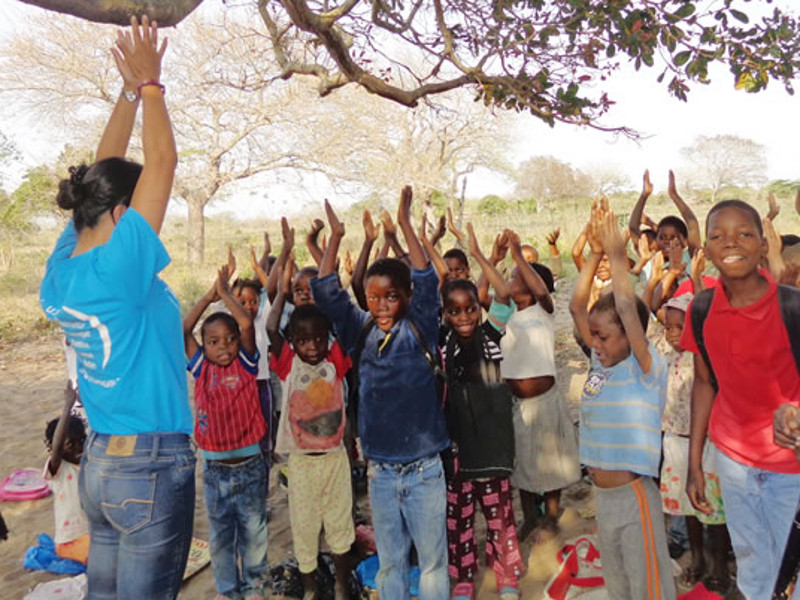ISET/One World was created by Humana People to People to provide needed advanced training, offering students a choice of two degree programmes: on education (Pedagogy) and a programme focused on community development called “Fighting with the Poor.”
The graduates of the education programme are qualified to serve as instructors training teachers at Humana People to People colleges and other institutions in Africa. The Humana People to People institutions embrace the ambitions of modernity and are dedicated to spreading knowledge and a contemporary understanding of the world to future generations of primary school students.
To date, ISET/One World has graduated 750 Bachelors of Education.
The degree “Fighting with The Poor” is new and groundbreaking in that it focuses directly on training students in the theory and practice of transformational processes in society, and emphasizes the responsibility of educated people to bring about justice and equality. “Fighting with The Poor” provides students with a deeper understanding of The Poor and the basis of their plight, while raising the personal willingness and ability and readiness of students to fight the good fight side by side with The Poor.
Back to the Projects and what you can do




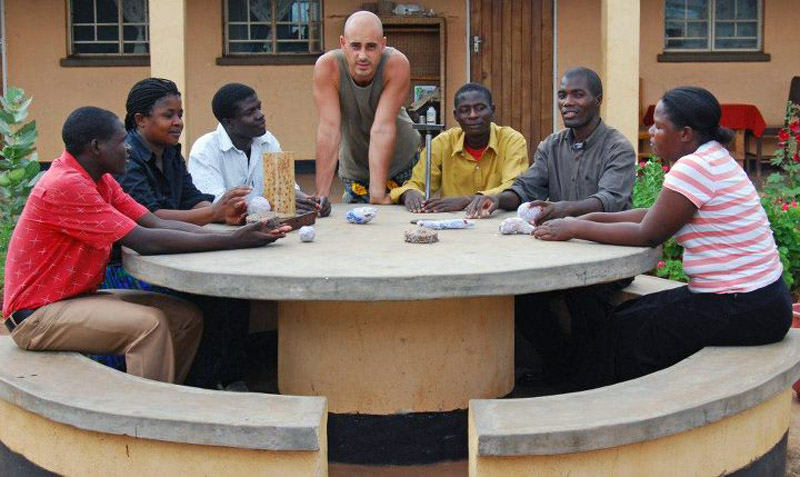
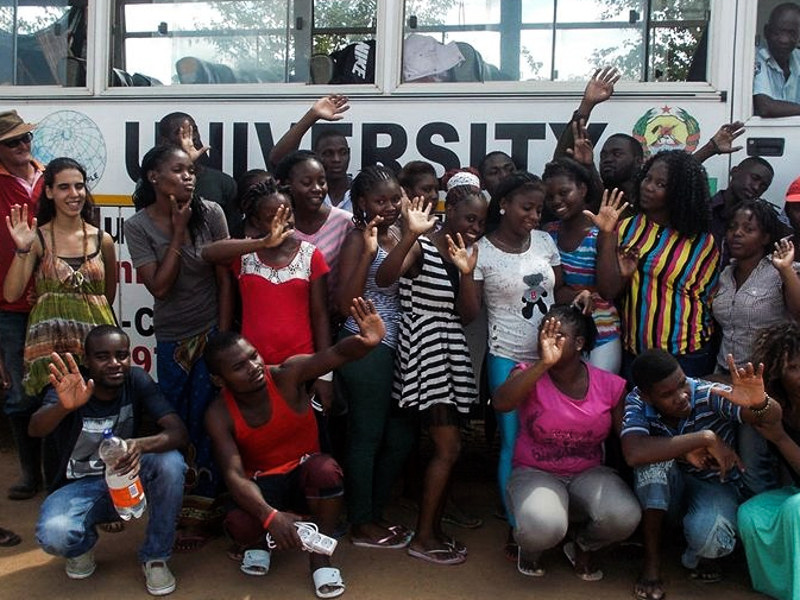
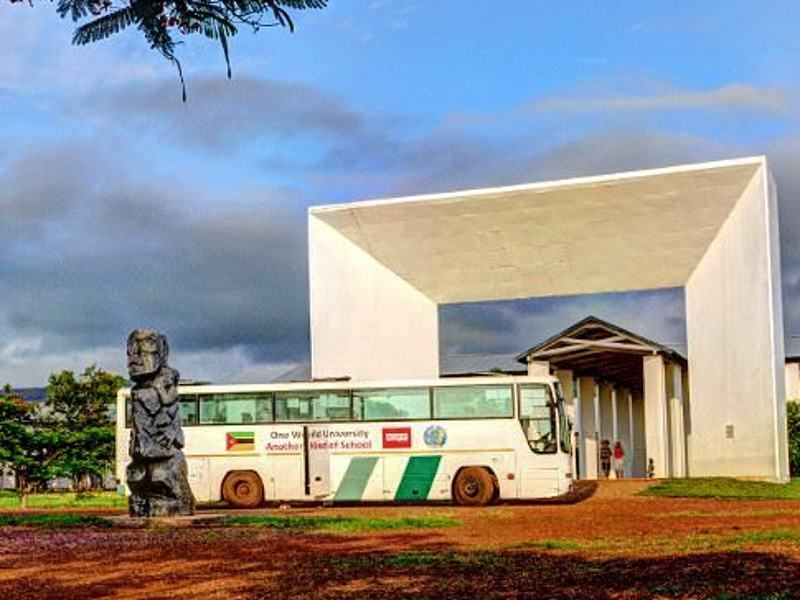
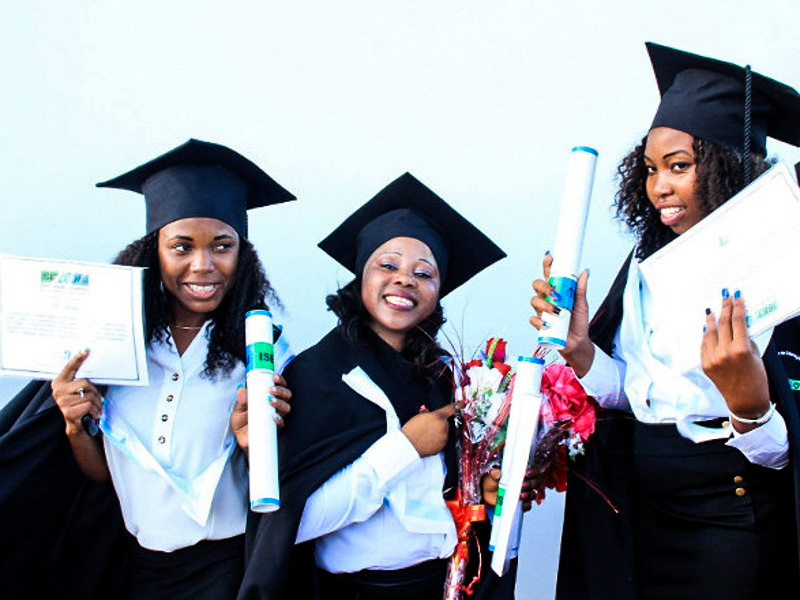
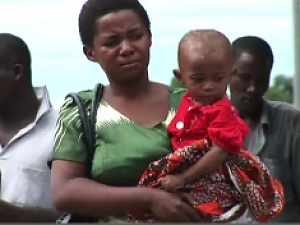
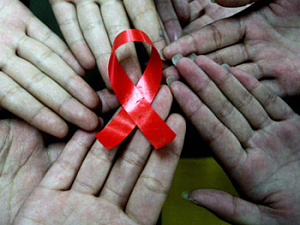
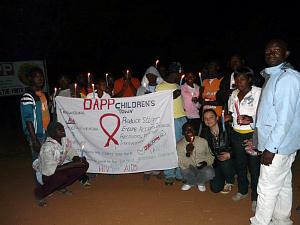
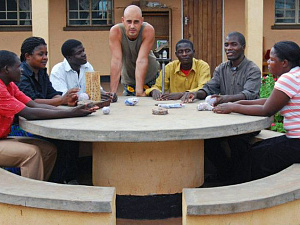
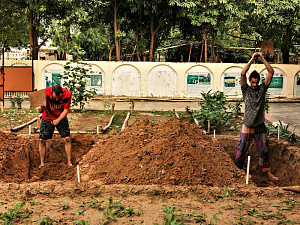
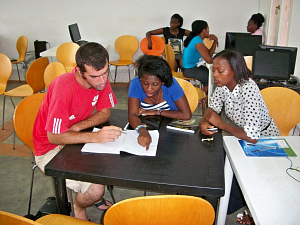
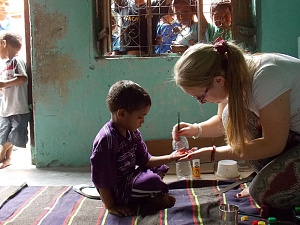
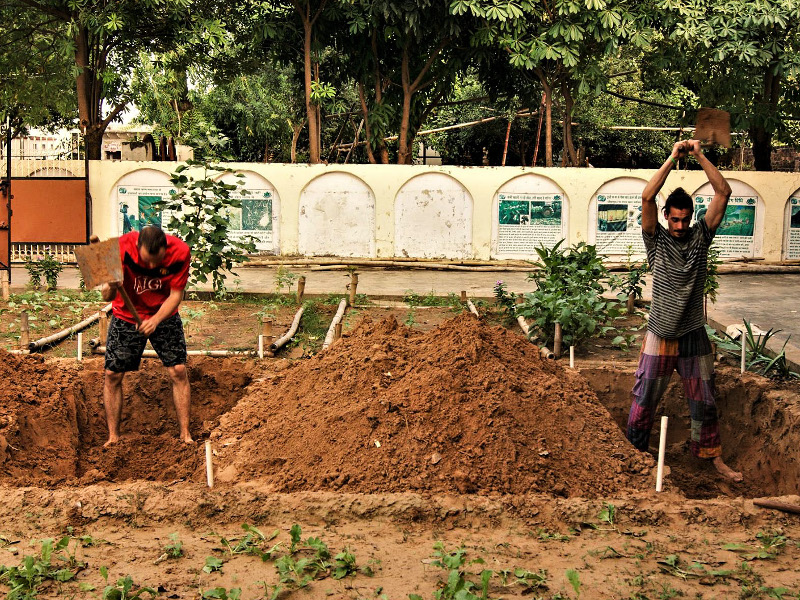


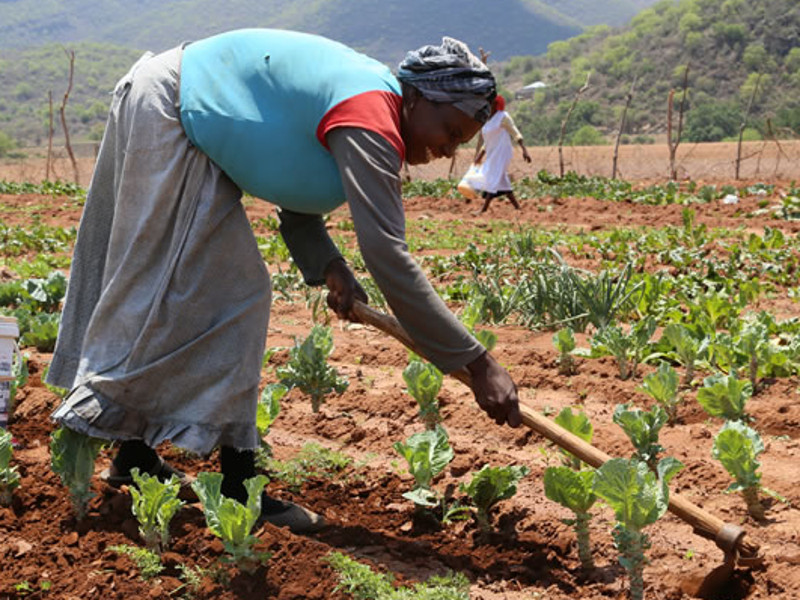
.jpg)

